Feeling like home: EU Supports Programmes Aimed at Refugees from Nagorno-Karabakh
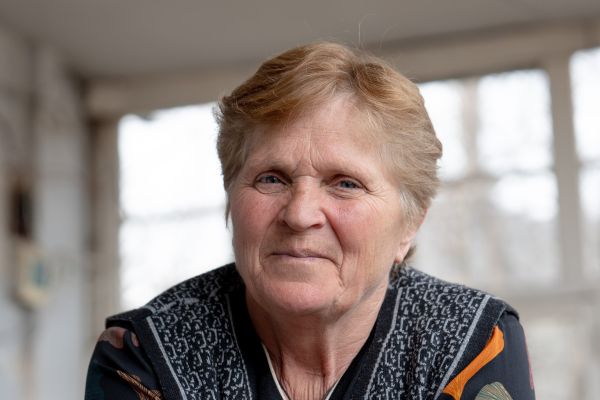
Since September 2023, the EU has supported local organisations to address the humanitarian and socio-financial needs of refugees from Nagorno-Karabakh.
The elderly are among the most vulnerable groups. Overall, 115183 refugees have been registered by the Migration and Citizenship Service in Armenia, among them 12.000 elderly people. Over 2500 elderly refugees have already benefited from the EU-funded projects across Armenia.
Through its humanitarian projects, the EU aims to support those in need with access to food, shelter healthcare, mental health services, and protection. Especially, in these challenging times, the support given to elderly individuals is an important part of the comprehensive humanitarian assistance provided by the EU Delegation in Armenia.
With the support of the EU, “People in Need” non-governmental, non-profit organisation has provided food and hygiene kits, food and hygiene vouchers and vouchers for household equipment for 4789 families in total with at least 1 elderly person.
Syunik region has the highest concentration of elderly among all regions of the RA, also there are significantly more elderly women than elderly men in the families that “People in need” has supported.
“People in Need” was established in 1992 on the ideals of humanism, freedom, equality, and solidarity. The organisation considers human dignity and freedom to be fundamental values.
“Winnet Goris” development center is one of the organizations implementing projects for refugees from Nagorno-Karabakh under the “Easy Access for the Elderly: Center for Elderly People” project in December 2023.
The Foundation was established in 2009 and it implements projects aimed at empowering women and strengthening the community.
“Our mission is to create a space, where beneficiaries can overcome post-war traumatic experiences. The Center also strives to provide a platform for a dialogue between the elderly and the youth,” says Anna Danielyan, the representative of the “Winnet Goris” Development Foundation.
Laura, a 67-year-old, is from the village of Mamark, located in the Kashatagh region of Nagorno-Karabakh. In 2020, after being forced to flee her home, she settled in the city of Goris, situated in the Syunik region of the Republic of Armenia.
Within EU-funded “Easy Access for the Elderly: Center for Elderly People” project which has started in December 2023, the “Winnet Goris” Development Foundation offers support to around 100 elderly people, who have been displaced from Nagorno-Karabakh. Laura is among the beneficiaries of the project.

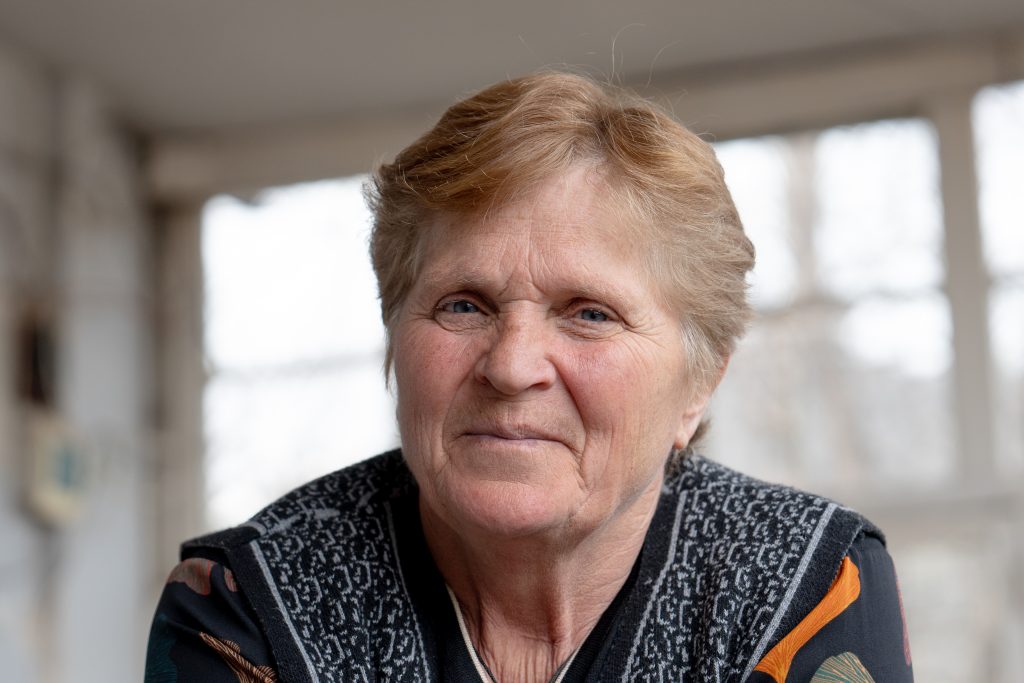
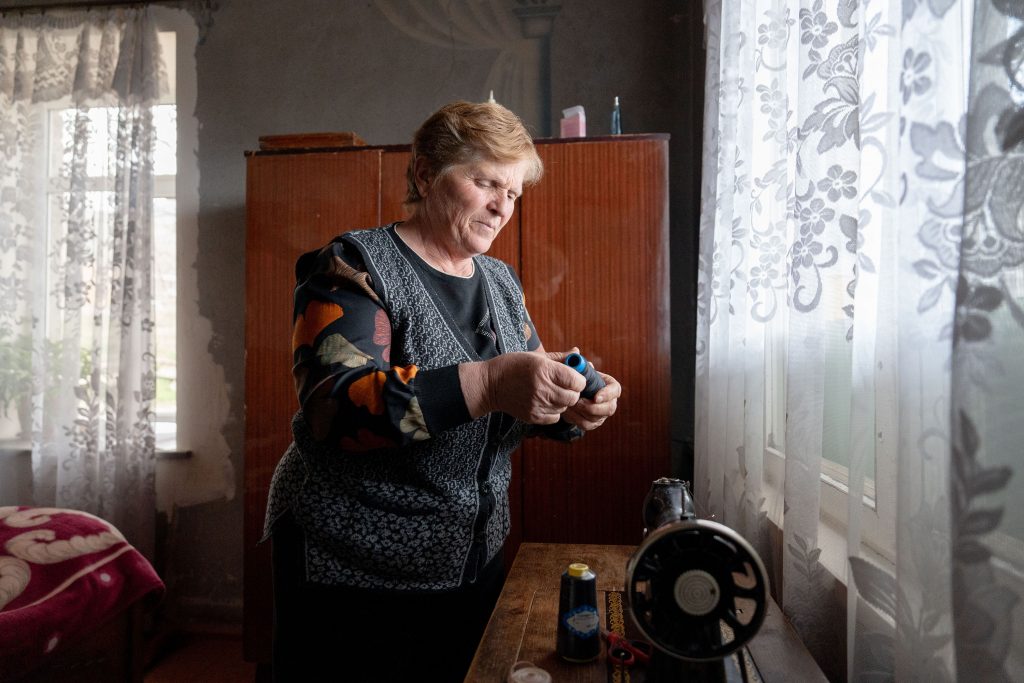
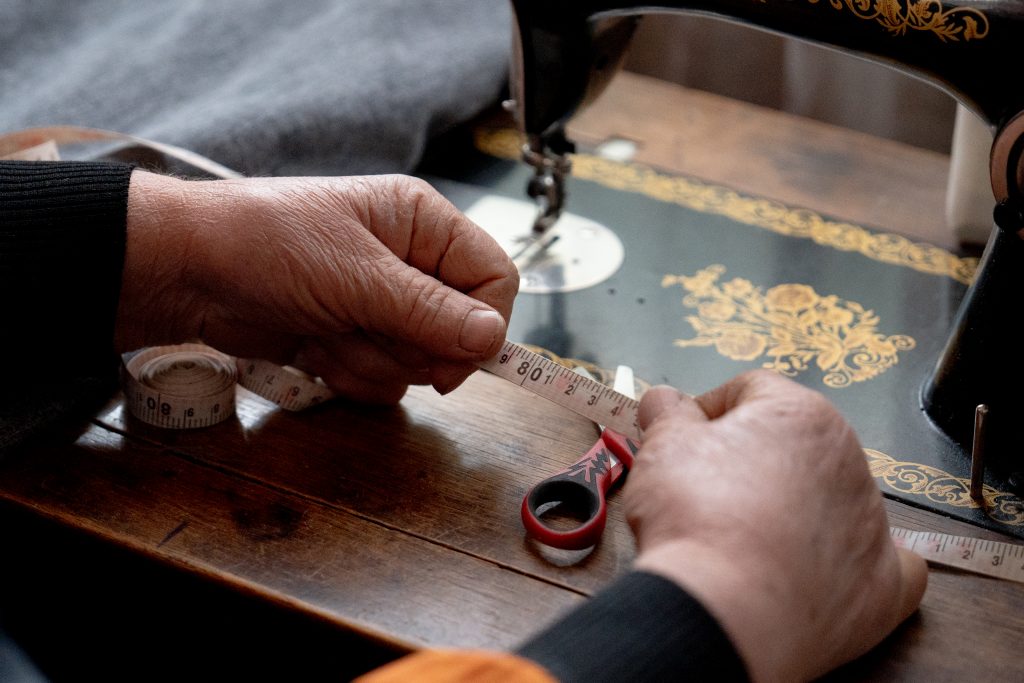
“I moved to Goris after I lost my home in Artsakh. When I started visiting the “Winnet Goris” network of women’s resource centers, I gradually started to feel at home again. The atmosphere is welcoming and people are so nice to us; they do everything to make our daily routines more interesting,” says Laura Adunts.
Within the support 100 refugees in Goris were provided with hygiene packages, light meals, medical care, support equipment, and opportunities for socialization through weekly activities such as cooking, crafting, and social events. A renovation of the care center is also planned to equip it with the necessary furniture and appliances.
Periodically, the foundation also organizes face-to-face meetings with lawyers to assist beneficiaries with document-related issues and other legal concerns.
Lyudmila Yedigaryan, a 63-year-old, is also a beneficiary. She used to live in the city of Shushi until 2020, then she moved to Stepanakert. In 2023, after displacement she settled in the city of Goris.

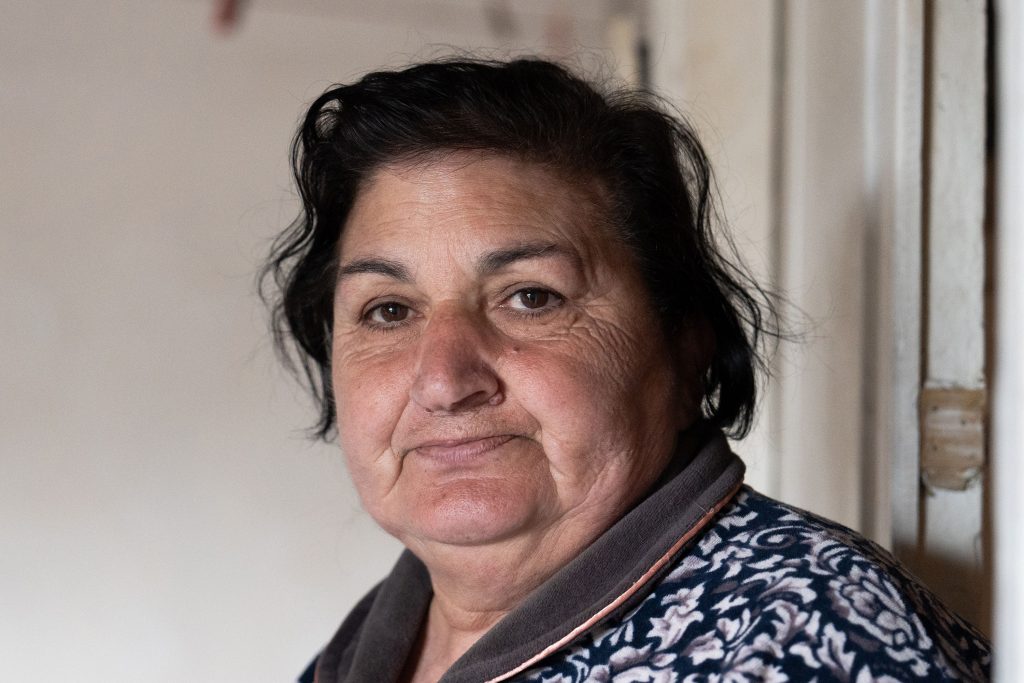


“I don’t have to seek for help every time I need it, usually the representatives of the center call me and invite me to visit them and get some food and hygiene packages․ Recently, they even bought a washing machine for me; before that, I washed my clothes on my own. Currently I am looking forward to visiting theatre, I won’t miss that chance, that must be really interesting,” shares Lyudmila.
Through such initiatives, the EU plays a valuable role in improving the psychological well-being and living conditions of refugees.